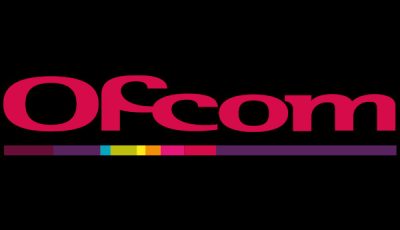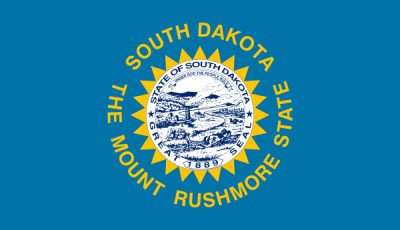Age Verification: Coming Soon to an Adult Industry Near You?
 While it’s probably safe to say adult entertainment products and the industry which produces them have never enjoyed greater social acceptance than they do now, this does not mean attempts to regulate their distribution more strictly have gone away.
While it’s probably safe to say adult entertainment products and the industry which produces them have never enjoyed greater social acceptance than they do now, this does not mean attempts to regulate their distribution more strictly have gone away.
Within the United States, dating back to the late ’90s, there have been attempts to impose some manner of meaningful age-verification process on adult websites. And in many countries where there is nothing akin to the First Amendment, barriers to accessing porn have long been in place, although their efficacy is often called into question in the age of Virtual Private Networks and other means of getting around government-imposed access restrictions.
One of the age verification efforts getting the most attention right now is the one pending in the U.K., where officials say it’s “anticipated age verification will be enforceable by the end of the year.” The age verification requirement was established under the Digital Economy Act of 2017 (“DEA”), the third part of which is dedicated entirely to online pornography.
What the DEA did not do was define how the age verification it mandates is to work, leaving the details to be determined by the British Board of Film Classification (BBFC) – which wasn’t declared the regulatory agency responsible for overseeing the age verification component of the DEA until February of this year, almost a year after the Act received Royal Assent.
Watching the somewhat chaotic rollout of the DEA’s age verification requirement across the pond, American adult entrepreneurs might reasonably wonder whether a similar system could be imposed in the U.S., despite past failures like the Child Online Protection Act and the Internet Safety and Child Protection Act of 2005.
Beyond the possibility of government-imposed age verification requirements, there’s also the possibility of private sector policies pushing adult merchants into the position of having to adopt age verification measures to remain in compliance with possible future rules and policies established by entities like banks, billing companies, ISPs and social networking platforms.
Age Verification: Issues and Debates Impacting Porn Today
Throughout the rest of July, YNOT will examine the issue of age verification from multiple perspectives. We’ll look at whether government-imposed age verification requirements are feasible, given the current state of First Amendment case law. At the same time, we’ll explore arguments that the industry might be well-served to embrace age verification proactively and voluntarily.
We’ll talk to industry leaders in the age verification space about their systems and technologies and the cost of using them – and about what they anticipate the eventual rules of the road will be in the U.K.’s age verification regime.
YNOT will also look at how age verification has impacted other industry sectors which are already subject to such requirements, with a focus on other “vice” products which are age-restricted and the burden on smaller companies presented by the costs of implementing age verification systems.
Whether one sees age verification as a necessary prophylactic against the exposure of minors to pornography, a troublesome invasion of privacy and potential security risk or somewhere in between, the debate over its necessity and efficacy isn’t going away any time soon.
Several legislatures across the U.S. have declared pornography a public health crisis (or something similar) and many others are considering doing the same, creating a momentum to push back against the greater social acceptance porn and the porn industry have attained in recent years.
Some of these same legislatures have debated passing the Human Trafficking and Child Exploitation Prevention Act, a frankly bizarre proposal which would require vendors of internet-connected devices to preinstall content filters which prevent the devices from displaying “obscene” content. No s
Even if these legislative efforts don’t amount to much in terms of direct regulation, they contribute to the narrative that “something must be done” to prevent minors from accessing online porn. In such an environment, some activists, politicians and parents likely will continue to push for age verification to be established, one way or another, until they either get what they want, or have exhausted all their options in working toward the goal.
All these factors add up to make age verification an area on which adult businesses are wise to keep a wary eye. With our July focus on the subject, YNOT aims to do its part in making sure you’re up to date – and aware of what may be coming next.














